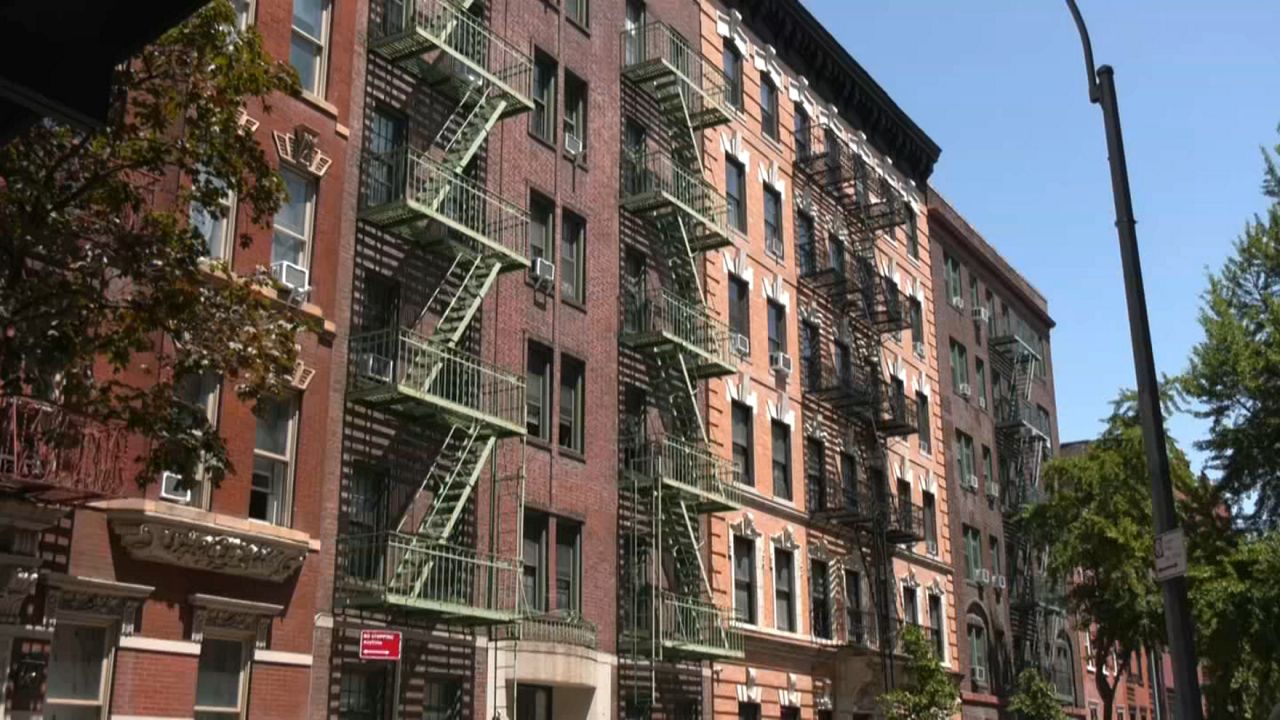With a 1.4% vacancy rate, the city is in desperate need of housing, and fast.
A special panel known as the Charter Revision Commission, established by Mayor Eric Adams, believes they have some solutions to the problem.
What You Need To Know
Housing-related proposals will appear as questions two through five on the November ballot. Voters will see them when they flip over their ballots
Question two would create two new shortened processes for affordable housing: one for publicly financed projects and another for a newly created list of the 12 community districts with the least development
Question three would create a new kind of land use process known as “ELURP,” or the “expedited land use review process,” for smaller housing projects, with final approval from the City Planning Commission
Question four is arguably the most controversial. The proposal looks to create an “Affordable Housing Appeals Board” made up of the mayor, relevant borough president and council speaker to make the final decision on new development
Question five would digitize and consolidate the city’s maps that are currently spread across all five boroughs
“At the end of the day, New York City is in a dire housing crisis,” Richard Buery, chair of the commission, said. “We’re solving what I think we all agree is the existential challenge that we face in the city, which is that too many people can’t afford to live here.”
The five proposals will appear as questions two through five on the November ballot. Voters will see them when they flip over their ballots.
Question two would create two new shortened processes for affordable housing: one for publicly financed projects and another for a newly created list of the 12 community districts with the least development.
“It’s very easy to get off this list. If you want to get off this list as a councilperson, you just make sure that you’re a partner. Doesn’t mean you have to approve everything that comes to you, that doesn’t make sense, but it means that you have to be an active partner,” Buery said.
Question three would create a new kind of land use process known as “ELURP,” or the “expedited land use review process,” for smaller housing projects, with final approval from the City Planning Commission.
Notably, of the 13-member commission, the mayor appoints the chair and six other members.
“Four-story buildings with eight or 10 apartments, this is sort of the bread and butter of what should be happening in the city, but we have a system where no one proposes it because the system is so convoluted, and so expensive and so complex.”
Question four is arguably the most controversial. The proposal looks to create an “Affordable Housing Appeals Board” made up of the mayor, relevant borough president and council speaker to make the final decision on new development.
A project would need at least two of the members to vote for it to be approved. Currently, the council can override a mayoral veto of a land use project.
“I think that puts a better balance between respecting the voice and perspective of the local community as represented by the councilperson but also the borough’s agenda and the citywide need for more housing.”
Question five would digitize and consolidate the city’s maps that are currently spread across all five boroughs.
Questions two through four have been significantly opposed by local lawmakers, who say they will lose one of their most fundamental governing powers.
“Without community voices and power in development decisions, our neighborhoods will get less truly affordable housing, less investment and will be vulnerable to more unwelcome, unwanted gentrification,” Council Speaker Adrienne Adams said earlier this month.
Council members have started sending out flyers to city residents to oppose the measures. This has raised concerns that the council is telling New Yorkers how to vote, which is illegal.
NY1 reached out to the Conflict of Interest Board, who declined to comment. The council maintains they are within their legal rights.
“The system that we have is not working. It’s failing all of us. It’s failing our neighbors, it’s failing our city,” Buery said.
If the proposals are approved, they would immediately be adopted into the charter.

